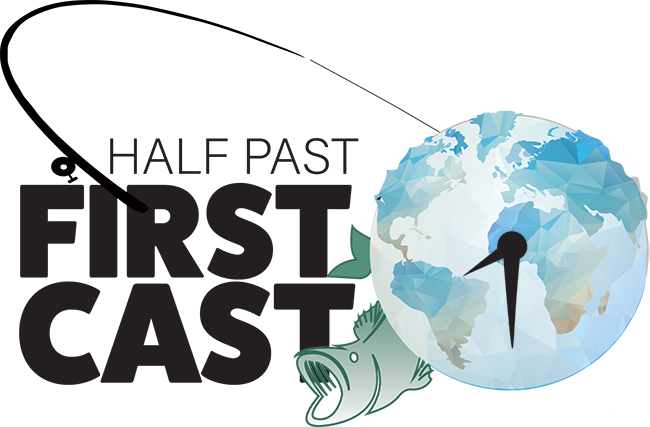The Worst Thing You Can Do Before a Fishing Vacation
The worst thing you can do before a fishing trip is to base your expectations on the best possible scenario. Don’t get me wrong. It’s ok to hope for a personal best. It’s ok to hope for the day of a lifetime. It’s more than acceptable to overprepare. Just know that the numbers and sizes that you hear about might not happen.
Why is this? Well, lodges and anglers lie.…and numbers alone often don’t tell the full story.
While helping out at the Dallas Safari Club show, we met a customer who’d visited a lodge that competes with the one we were helping. “The fishing report stated that we’d caught seven marlin,” they said. “Even though we only caught one and a total of four were caught all week.” Not all of the examples are that egregious but assume that there’s a little bit of puffery in any report. Even if the lodge is 100% honest, a cold front or some other change can turn “60 a day” into “30 a day” in a hurry.
The anglers are no better. First off, many of them don’t have experience judging big fish, so their “10 pound bass” are really more like 8 – not an insubstantial fish by any means, but not quite the same. Furthermore, some just don’t want to tell the truth. Either they’re compulsive braggarts, or else they feel foolish to have gone to a dream destination and not caught a trophy fish. One of the most heartening and honest videos I’ve watched recently showed tournament angler, guide and YouTuber Justin Rackley (AKA, Lake Fork Guy) fishing in Mexico and making clear that he’d never landed a bass over 8 pounds there on his many trips to multiple lakes. He doesn’t have his ego wrapped up in a number (except perhaps his million YouTube subscribers). The fact that he keeps going back to Mexico shows that for him it’s about the experience and the chase, not the bragging rights.
Even when the information that you receive from an outfitter or other anglers is accurate, you have to use it properly. Remember, there are three types of lies: “Lies, damn lies, and statistics.” Let me give you an example of how this operates in my world: A friend checks some tournament statistics and observes that a 200 boat derby on “Lake X” was won with a five-bass stringer that weighed 25 pounds. He gets excited to go there and plans a trip and then is shocked and dismayed when he doesn’t have similar success under the same conditions.
Where did he go wrong?
Well, I don’t doubt that Lake X has another 25 pound bag in it – probably many of them – but that doesn’t mean they’re easy to catch. If he’d been less awed by the winning weight, and more in tune with the overall standings, he’d get a better picture of reality. Maybe 2nd place was 12 pounds, and 3rd was 10, and out of 200 boats, 98 blanked. That tells a much different story about what to expect.
One of the best pieces of advice I’ve received on this topic came from Shaw Grigsby’s book, where he cited Doug Hannon’s observations made on angler behavior in professional events:
“He says that perhaps 80 percent of the bass caught in a given tournament are caught by anglers using the same pattern. Often the angler who wins does so by doing something off the main pattern – something contrary to the combined skill and judgment of the best anglers in the country. If you want to know what really caught the most fish, Doug says you should look at the anglers who placed second through tenth. They were on the best pattern.”
Similarly, when planning a trip, it’s fine to hope to be the exception to the rule, the one on the far right side of the bell curve of results – but if you plan on it you’re likely to be disappointed.
Just like in a tournament, the best information you can get prior to a bucket list fishing trip is not how many fish the best anglers are catching and how big those fish might be – but the hows and whys of their experience. What kind of bait are the fish chasing? What depth range are they using? Are there any tweaks or modifications that make a huge difference? That type of information will typically help you far more than any number offered in a vacuum.




